(p.iv) 
- Great Clarendon Street, Oxford OX2 6DP
- Oxford University Press is a department of the University of Oxford.
- It furthers the University's objective of excellence in research, scholarship,
- and education by publishing worldwide in
- OxfordNew York
- AucklandCape TownDar es SalaamHong KongKarachi
- Kuala LumpurMadridMelbourneMexico CityNairobi
- New DelhiShanghaiTaipeiToronto
- ArgentinaAustriaBrazilChileCzech RepublicFranceGreece
- GuatemalaHungaryItalyJapanPolandPortugalSingapore
- South KoreaSwitzerlandThailandTurkeyUkraineVietnam
- Oxford is a registered trade mark of Oxford University Press
- in the UK and in certain other countries
- Published in the United States
- by Oxford University Press Inc., New York
- The moral rights of the authors have been asserted
- Database right Oxford University Press (maker)
- All rights reserved. No part of this publication may be reproduced,
- stored in a retrieval system, or transmitted, in any form or by any means,
- without the prior permission in writing of Oxford University Press,
- or as expressly permitted by law, or under terms agreed with the appropriate
- reprographics rights organization. Enquiries concerning reproduction
- outside the scope of the above should be sent to the Rights Department,
- Oxford University Press, at the address above
- You must not circulate this book in any other binding or cover
- and you must impose this same condition on any acquirer
- British Library Cataloguing in Publication Data
- Data available
- Library of Congress Cataloging in Publication Data
- Data available
- Typeset by SPI Publisher Services, Pondichery, India
- Printed in Great Britain
- on acid-free paper by MPG Books Group, Bodmin and Kings Lynn
Know How
Jason Stanley
(p.vi) (p.vii) Preface
A fact, as I shall use the term, is a true proposition. A proposition is the sort of thing that is capable of being believed or asserted. A proposition is also something that is characteristically the kind of thing that is true or false; that snow is white is a true proposition, that Barack Obama is President of the United States as I am writing these words is another. Facts in this sense are not only among the things we believe and assert; they are also the kinds of things we know.
The thesis of this book is that knowing how to do something is the same as knowing a fact. It follows that learning how to do something is learning a fact. For example, when you learned how to swim, what happened is that you learned some facts about swimming. Knowledge of these facts is what gave you knowledge of how to swim. Something similar occurred with every other activity that you now know how to do, such as riding a bicycle or cooking a meal. You know how to perform activities solely in virtue of your knowledge of facts about those activities.
This thesis may seem puzzling. Learning how to do something eventuates in a state that is intimately connected with action. In contrast, knowledge of a fact seems like the kind of thing that is characteristically acquired by reading a book. Learning facts seems to leave us only with abstract or theoretical knowledge of the world. Learning how to do something, by contrast, seems to leave us with skills in engaging with it.
If it is surprising that knowledge of a fact can so immediately yield knowledge of how to swim, ride a bicycle, or play a piano, it is only so because of false assumptions about what it is know a fact. These false assumptions lie behind the idea of knowledge of a fact as something that is by its nature inherently contemplative, rather than a state implicated directly in action. There are false assumptions about what it is to act on knowledge of facts, there are false assumptions about what it is to have knowledgeof facts, and there are false assumptions about the nature of facts. In the course of establishing the thesis of this book, I will have to dispel all of these myths. To make it plausible that knowing how to do something is knowledge of facts, I must erect at least the skeleton of the correct view of factual knowledge.
Of course, when you learned how to swim, you didnt just learn any old fact about swimming. You learned a special kind of fact about swimming. The fact you learned is the proposition that answers a question the question How could you swim? Knowing how to do something therefore amounts to knowing the answer to a question. To explain the kind of propositions that answer these kinds of questions, it will be necessary first to take a step back and investigate the genus of which knowing how to do something is a species. An account of what it is to know how to must fit into a more general account of knowing answers to questions. For example, an account of (p.viii) knowing how to catch a fly ball must fit into a more general account of knowing when to catch a fly ball and knowing where to position ones glove in order to catch a fly ball. More generally, we need an account of what one might call knowledge-wh; knowledge where, knowledge when, knowledge how, knowledge why, etc. As we shall see, according to the best available theories, knowledge of facts is necessary and sufficient for knowledge-wh.
The outlines of an account of the special kind of facts that constitute knowledge how will emerge from this more general theory of what it is to know the answer to a question. But, as we shall see, the standard theories of knowledge-wh that we will explore are conceptually impoverished. They are not even sufficient to explain the kinds of facts that one learns when one learns who someone is, much less the kinds of facts that one learns when one learns how to do something. I show that a more sophisticated notion of proposition (and hence a more sophisticated notion of fact) is required for a full account of knowledge-wh. This more sophisticated notion of proposition is one that exploits ways of thinking, or modes of presentation, of objects, as in the works of Gottlob Frege. It also explains why learning a fact is not always something one can do by reading a book. Some ways of thinking of objects cannot be acquired by mere description. I defend this conception of facts against well-known charges of obscurantism.
My aim is not just to sketch an account of factual knowledge and some of its sub-species. I also provide an account of the role such knowledge plays in guiding action. Skilled action is action that manifests an agents knowledge how. A surgeon wields her scalpel with skill only if it is an exercise of her knowledge of how to do the procedure. Acting with skill is action that manifests an agents knowledge of facts. A further goal of this book is to demonstrate that it is our capacity to learn and retain knowledge of facts that explains our capacity for skilled engagement with the world.
Next page

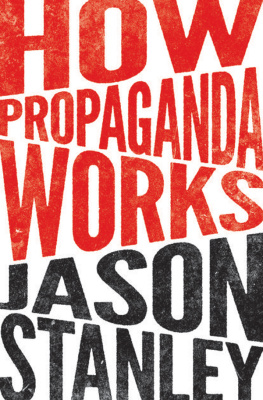
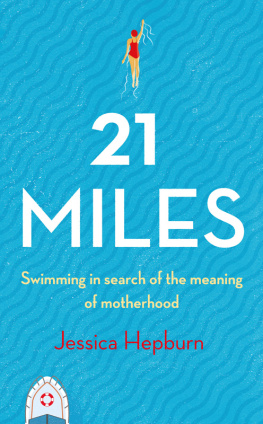
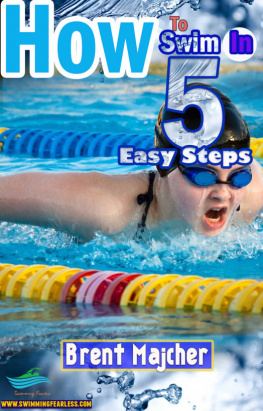
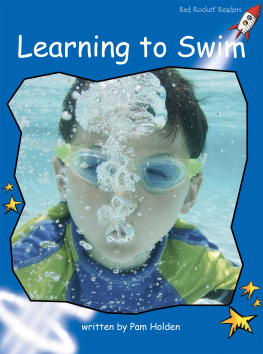
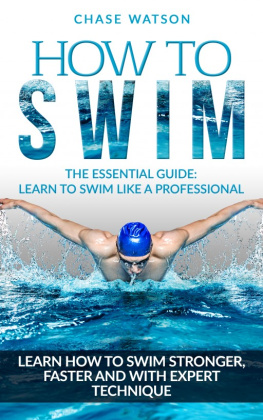
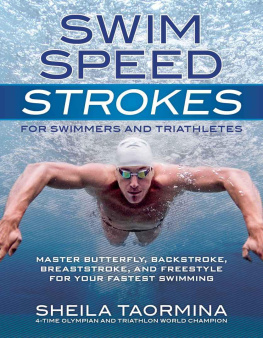

.gif)